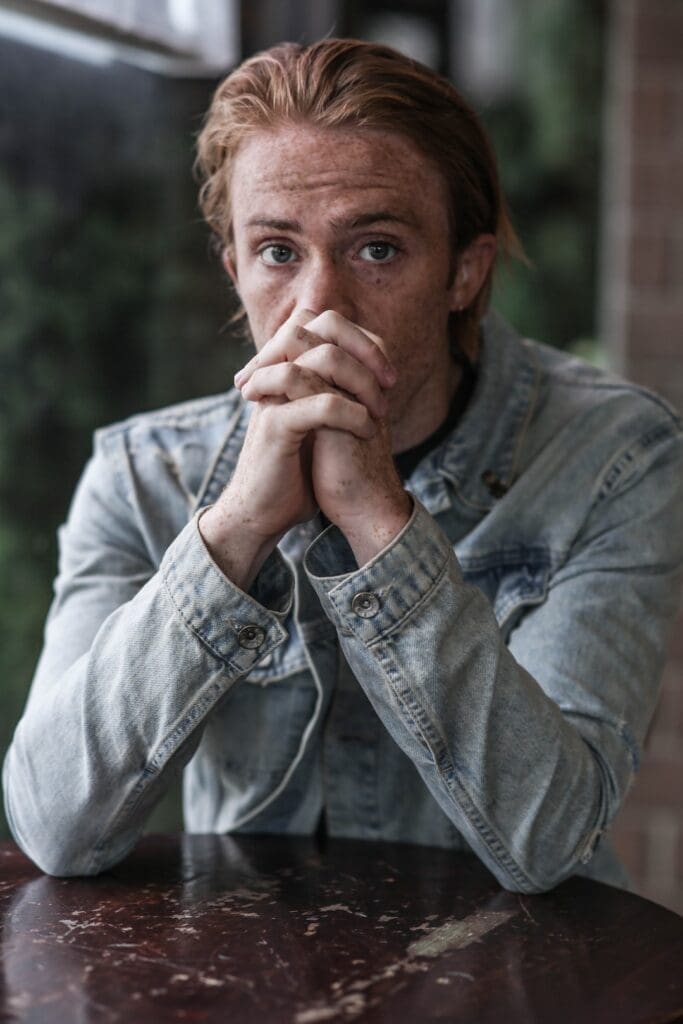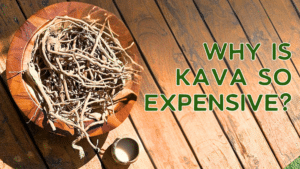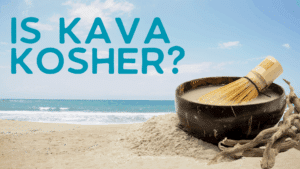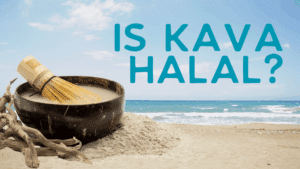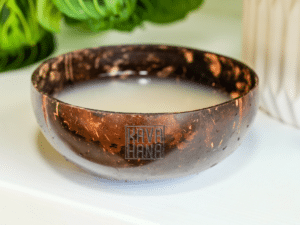Because of its long history of calming effects on the mind and body, researchers have started looking into kava as a treatment for mental health challenges like anxiety and sleep disorders. In fact, kava has been used in more than a dozen clinical trials to compare kava’s effects to a placebo or sugar pill.
Recently, it’s been shown that kava is most effective in anxiety, sleep disorders (e.g. insomnia), and even ADHD. In this first article of the series, we discuss the different forms of anxiety and how kava may help with each of them.
General Anxiety Disorder
Anxiety disorders come in different forms. It can show up in specific situations, like social anxiety when we feel anxious about being around other people. It can show up more broadly, known as general anxiety, where we feel anxious about everyday things or about events that may or may not happen.
While recent research suggests kava could be useful for all types of anxiety, the kind that’s been researched the most, and the one that shows the most mental health benefits, is general anxiety disorder or GAD for short.
GAD happens when we are overcome with worry and concerns about everyday issues and situations. To be diagnosed with GAD, the symptoms must last longer than six months and may also include feeling restless, tired, irritable, having difficulty sleeping, and having a hard time concentrating.
Kava is made up of different active components called kavalactones. They vary in their effects and type of kava they’re found in. However, kavain is the one found to be linked to the anxiolytic, or stress-reducing, effects of kava. And it turns out that it works in the same pathways as anxiety drugs like benzodiazepines, which could be one reason it can be so effective.
When compared to a placebo, kava has been shown to be more effective in lowering anxiety symptoms. Those of us who already use Kava know this. However, these types of studies help strengthen the evidence of kava’s benefits.
There are even some studies that have discussed the benefits of kava compared to other more common anxiety medications due to their side effects and mild efficacy. This puts kava in an excellent position to become a more common therapeutic treatment with fewer side effects for patients.
Social Anxiety
Social anxiety is more common than you may think. And it persists for many different reasons. We’ve all had moments of feeling socially anxious; going to a party where you don’t know many people, being in a situation where you feel others might judge or dislike you.
However, those with a social anxiety diagnosis may feel distressed, avoid social situations, and have a hard time navigating their social life. They may have physical symptoms like nausea, sweating, blushing or even panic attacks when around other people. And while common therapy is a combination of medications and therapy, research has suggested that kava could also be a beneficial treatment.
A common form of self-medicating for social anxiety is alcohol. Being a staple in social situations and having similar being known to make us “feel more social,” it’s no wonder why those with social anxiety would turn to using it when around others. However, alcohol’s negative effects can backfire and have more complications than benefits. For one, the emotional dip the next morning from alcohol’s depressive nature can put people into an anxious head space.
Kava is known to have similar effects to alcohol but without the side effects and risk of addiction. The effect it has on our brain gives us a feeling of calm and relaxation, helping to naturally lower feelings of anxiety. It doesn’t mess with our emotions in the same ways so we don’t wake up feeling anxious or depressed. And you don’t get a hangover, which is probably the biggest bonus.
The takeaway
Traditionally, kava has been used in community settings to create connections and lower social inhibitions. This was probably the first indication that kava is helpful for those who get anxious in social situations.
Science and research continue to find evidence that supports kava as a beneficial treatment for anxiety. It could be a great alternative to traditional anxiety medications that come with high risks of addiction, loads of side effects and effectiveness that can vary.
For all these reasons, kava could be hugely beneficial in helping people support their general and social anxiety in a more natural, plant-based way. We’re excited to see what the future holds.
* Please note that the majority of kava research pertains to kava extracts, which often undergo significant processing and may contain additional ingredients and fillers that can influence their efficacy. It is crucial to consider this distinction when reading about kava studies. To draw an analogy, enjoying natural kava as a beverage can be likened to experiencing a freshly brewed cappuccino, whereas kava extracts are akin in functionality to a caffeine pill. Both forms have their unique benefits and can cater to different preferences and needs. While it’s helpful to understand research on kava extracts, please view it critically and remember that natural kava offers a uniquely holistic experience.

